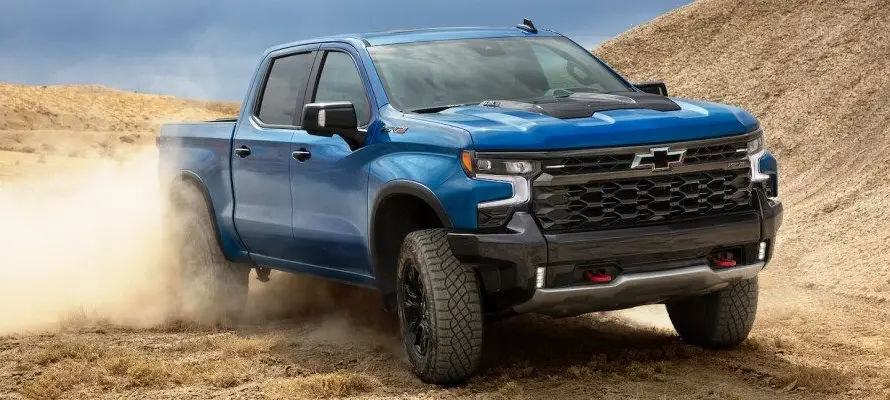Introduction:
In the realm of automotive evolution, few vehicles have undergone as significant a transformation in global perception and popularity as pick-up trucks. Once synonymous with the rugged American frontier, these utilitarian vehicles have transcended borders, becoming icons of versatility and style worldwide.
The American Origins
Historically rooted in the United States, pick-up trucks were initially designed for their practicality in agricultural and industrial settings. Brands like Ford, Chevrolet, and Dodge pioneered these vehicles, offering robustness and utility tailored to the needs of American farmers, ranchers, and labourers.
Global Expansion
However, the appeal of pick-up trucks soon extended far beyond their American origins. Countries with diverse landscapes and challenging terrains, such as Australia, Canada, and parts of Europe, quickly embraced these vehicles for their off-road capabilities and hauling capacity. In regions like the Middle East and Southeast Asia, pick-up trucks gained popularity due to their ability to navigate rugged terrain while offering ample space for passengers and cargo.
Symbol of Utility and Versatility
What sets pick-up trucks apart from other vehicle types is their dual nature as workhorses and lifestyle vehicles. They are increasingly seen as status symbols in urban settings, offering a blend of rugged aesthetics and modern amenities. Their ability to seamlessly transition from towing heavy loads on a work site to serving as family transport for weekend adventures has endeared them to a broad spectrum of consumers worldwide.
Adaptation to Local Markets
To meet the demands of global consumers, automakers have adapted pick-up trucks to suit local preferences and regulations. This includes offering different cab configurations, engine options, and technological features tailored to diverse market needs. Moreover, the conversion of left-hand drive models to right-hand drive, as facilitated by specialists like Daytona Exotics, has opened up markets such as India, where the appeal of American muscle cars and vintage classics is met with the practicality of a pick-up truck.
Cultural Integration
Beyond their practicality, pick-up trucks have integrated deeply into various cultures. In North America, they embody a sense of rugged individualism and adventure; in Australia, they are essential for navigating remote outback regions. In urban centres across Asia, they symbolize modernity and aspiration, appealing to professionals and outdoor enthusiasts alike.
Technological Advancements
Advancements in technology have further enhanced the appeal of pick-up trucks. Features like advanced towing capabilities, sophisticated infotainment systems, and driver-assistance technologies have made them more comfortable and safer. Furthermore, introducing hybrid and electric variants addresses environmental concerns while maintaining the performance expected from these robust vehicles.
Future Outlook
Looking ahead, the future of pick-up trucks appears promising. As global demand continues to rise, manufacturers are expected to innovate further, introducing more sustainable powertrains and enhancing connectivity options. Moreover, expanding digital platforms for customization and aftermarket accessories will likely cater to the individual tastes of pick-up truck enthusiasts worldwide.
Conclusion
In conclusion, pick-up trucks’ rise globally showcases their evolution from practical work vehicles to symbols of rugged luxury and versatility. With their adaptability to diverse environments and cultures, technological advancements and customization options, pick-up trucks continue to captivate a broad audience worldwide, promising a dynamic future in the automotive landscape.


